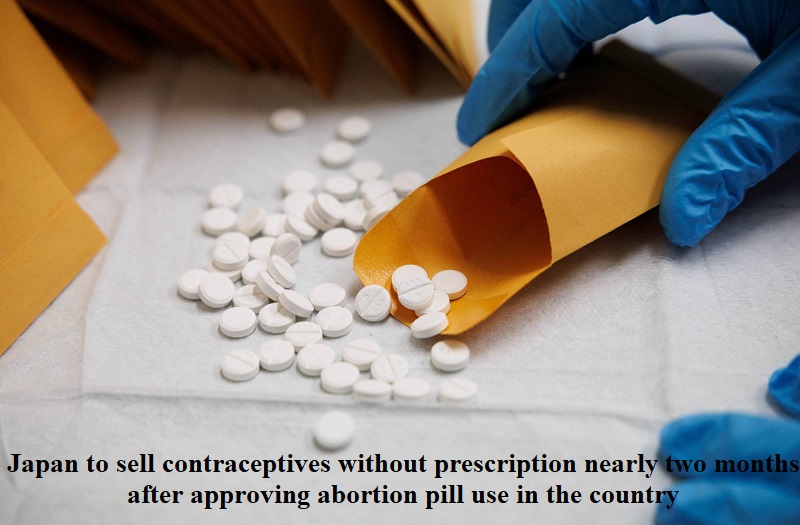
Almost two months after approving the use of abortion pills, Japan is now planning to allow the sale of emergency contraceptives without a prescription on a trial basis. This move will bring Japan in line with numerous other countries where the morning-after pill is readily available over-the-counter.
According to Japanese media, a ministry panel has granted approval for the sale of the pill at pharmacies equipped with trained pharmacists, private rooms, and the ability to provide services on weekends, nights, and holidays. The trial sale is expected to continue until March.
The proposal to trial the sale of abortion pills received significant public support. When the health ministry panel solicited comments from the public on the matter, more than 90 percent of the 46,312 respondents expressed their approval.
Under the current regulations, women, including victims of sexual assault, had to visit a hospital or clinic to obtain a prescription for emergency contraception. However, given that the pill is most effective within 72 hours after unprotected intercourse, the bureaucratic process created obstacles.
The Japan Society of Obstetrics and Gynecology states that morning-after pills are considered 95 percent effective when taken within 24 hours, but the effectiveness drops to 85 percent within 25 to 48 hours, and further decreases to 58 percent within 49 to 72 hours.
Previously, surgical procedures were the only option available for women seeking abortions before the legalization of abortion pills.
It is worth noting that in 2017, the government had considered a similar proposal to allow the sale of emergency contraceptive pills without a prescription. However, critics argued against it, citing concerns of encouraging irresponsible use of the drug, leading the government to refrain from granting approval at that time.
In recent months, the Japanese government has been implementing significant changes to safeguard women’s sexual and reproductive rights. Earlier this month, new laws were passed by the Japanese parliament to redefine rape and raise the age of consent. The updated definition of rape includes “non-consensual sexual intercourse,” which marks a departure from the outdated definition of “forcible sexual intercourse.” Additionally, the statute of limitations for reporting rape has been extended from 10 to 15 years, providing survivors with more time to come forward. The age of consent has also been increased from 13 to 16 years old, aligning it with international standards.

Post Your Comments